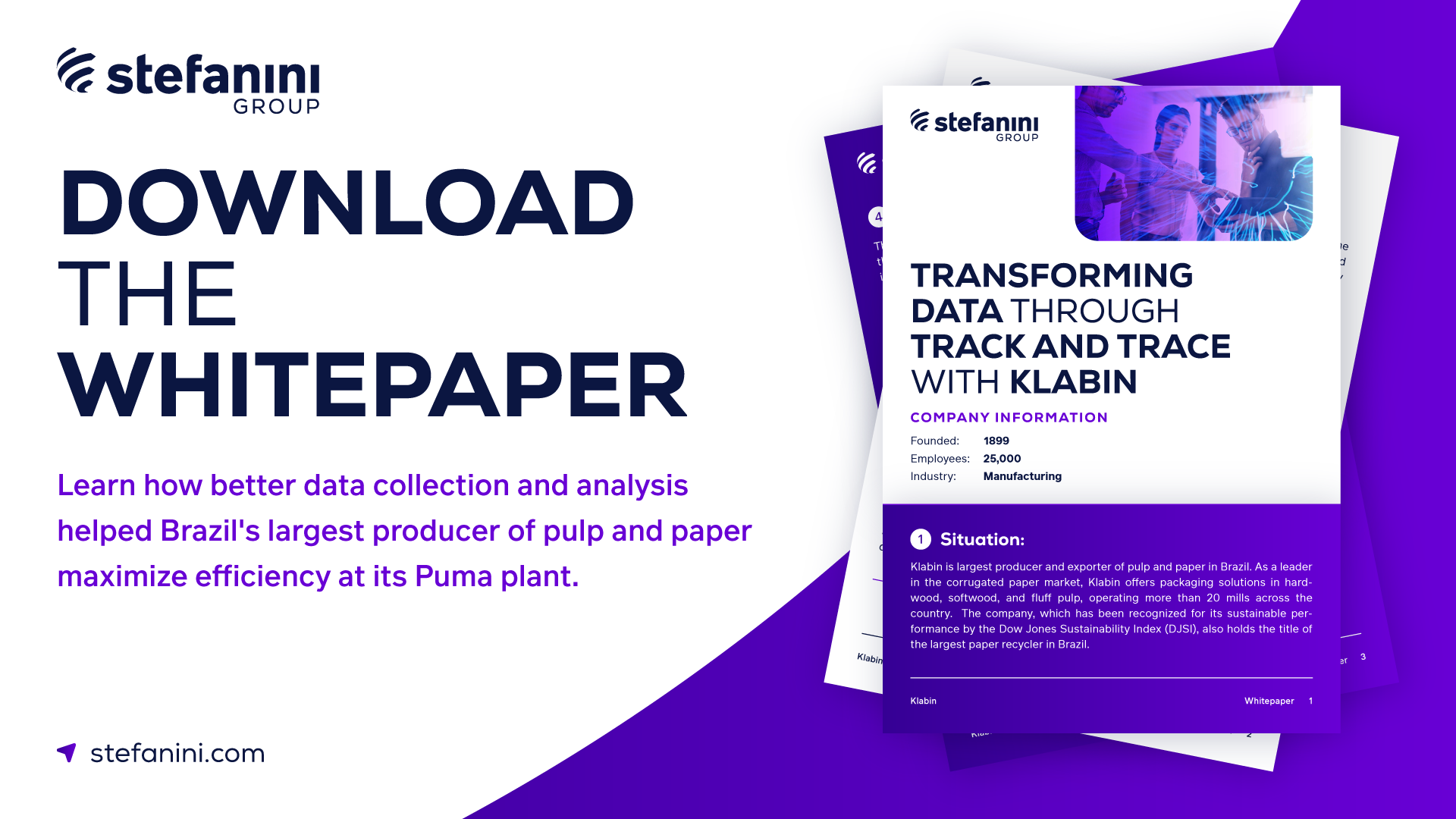Due to the increasing prevalence of artificial intelligence (AI) and machine learning (ML), the banking industry is undergoing significant changes. The previously mentioned terms are more than buzzwords; AI and ML boost operational efficiency, customer service and security within the banking sector. In this article, we will explore the various ways in which AI and ML impact the core banking system.
Virtual Assistance Comes of Age
In the past, customers endured long lines and wait times to access basic banking services. However, AI-powered virtual assistants and chatbots bring a new dimension to customer service. These intelligent tools are available around the clock to provide customers with assistance. Virtual assistants can understand and reply to complex client requests, offer accurate information, and complete transactions by leveraging natural language processing (NLP). This transformed the customer service paradigm and eliminated consumers’ need to visit a brick-and-mortar bank. AI-powered virtual assistants and chatbots improve efficiency, convenience and cost-effectiveness.
Cost Reductions: A Strategic Imperative
The banking industry is highly competitive, and cost efficiency is a key strategic consideration. AI and ML technologies allow banks to streamline operations by automating routine tasks. Banks can reduce operational costs and improve accuracy by employing AI in tasks such as processing customer onboarding documents and handling transactions. This ultimately allows banks to allocate human resources to more strategic and high-value tasks, such as developing new products and improving customer service. Using AI and ML is a significant step towards greater efficiency and innovation.
AI and ML: The New Power Duo in Banking
In recent years, the banking industry has undergone significant changes, demanding adaptation to new technologies to keep pace. Banks have integrated Artificial Intelligence (AI) and Machine Learning (ML) as vital components in their infrastructure. These technologies have enabled banks to make informed decisions based on sophisticated analytical tools while creating rigorous security frameworks that protect customers’ data. In today’s world of increased cyber threats, safeguarding customers’ data has become of utmost importance.
One of the primary benefits of AI is its ability to process vast amounts of data, providing insights into market trends, risk management and customer preferences that would otherwise be impossible to discern. By analyzing this data, banks gain a competitive edge by identifying emerging opportunities, mitigating risk and tailoring services to meet customers’ needs. AI and ML represent a significant step forward for the banking industry, enabling it to operate efficiently, make informed decisions, and deliver better customer service.
Natural Language Processing: Understanding the Customer
Natural Language Processing (NLP) has changed the way financial institutions communicate with their customers. NLP uses advanced algorithms to analyze conversations between banks and their customers. This helps banks understand customer preferences and needs, leading to better service and stronger relationships.
NLP is useful for ensuring compliance with regulations. NLP monitors customer communications, and quickly detects any potential violations. Banks can address these issues early, avoiding costly penalties, and maintaining their reputation with both customers and regulators. In addition to compliance, NLP automates aspects of customer support. NLP-powered chatbots handle routine customer inquiries and provide quick solutions.
Personalization: The Key to Success in Financial Services
Artificial intelligence (AI) has revolutionized the financial services industry in recent years by providing highly personalized solutions. By utilizing sophisticated algorithms and machine learning techniques, AI-powered applications like robo-advisors and predictive analytics can deliver tailored financial advice to customers. This means that customers can receive advice uniquely suited to their financial situations, goals, and risk tolerance levels. As a result, customers are more engaged and empowered to make informed decisions about their finances, leading to better financial outcomes.
Customer Service Reimagined
AI in customer service benefits banks by providing quick and accurate responses to queries. It also offers insights into customer behavior and preferences, and chatbots provide round-the-clock support. Overall, AI integration helps banks interact with their customers more efficiently and effectively.
Machine Learning: Banking’s Crystal Ball
Machine learning algorithms utilize advanced statistical techniques to analyze historical data, which enables them to identify patterns and make accurate predictions about future trends. Banks can leverage this capability to enhance their operations in multiple ways. Analyzing and predicting loan defaults helps banks minimize losses and tailor their lending practices accordingly. Similarly, machine learning can help banks identify investment opportunities by analyzing market data and identifying trends that human analysts might miss. Additionally, machine learning can be used to detect fraudulent activity with greater accuracy, reducing the risks associated with financial crimes. By providing insights into customer behavior, machine learning can help banks develop more effective marketing strategies and improve customer engagement. In summary, machine learning is a powerful tool enabling banks to optimize their operations, reduce risks, and improve customer satisfaction.
Credit Scoring: A New Frontier
In the current age of digitalization, AI technology brings a significant transformation to credit scoring. By analyzing traditional metrics and alternative data like social media activity, spending habits, and employment history, AI provides a more comprehensive and nuanced view of a borrower’s creditworthiness. This leads to faster and more accurate credit decisions that can help banks reduce risk and increase profits while benefiting customers by providing them with better interest rates and loan terms.
Fraud Detection: The AI Sentinel
In recent years, the use of AI in banking has revolutionized how fraud detection is handled. By constantly monitoring transaction patterns, AI systems can quickly identify even the slightest irregularities that may indicate fraudulent activities. This enables banks to immediately safeguard their customers’ assets and prevent any further fraudulent activities, ultimately preserving the bank’s reputation. With the help of AI, banks can also analyze vast amounts of data in real time, which allows them to identify new trends and patterns in fraudulent activities, leading to more robust fraud prevention measures. Overall, AI-powered fraud detection has become an essential tool for banks to protect their customers and businesses.
Handling Large Amounts with Finesse
In the ever-evolving business landscape, the ability to process large volumes of transactions is a crucial factor in determining success. Fortunately, AI-powered systems have revolutionized this process, making it faster, more efficient, and more accurate. AI’s high-speed and precise processing capabilities enable handling thousands of customer transactions simultaneously, ensuring no delays occur. This is particularly crucial in today’s fast-paced world, where customers expect quick and efficient service. With AI, businesses can process transactions without requiring extensive human intervention, reducing the risk of human error and saving time. AI-powered systems have become indispensable in modern business, enhancing customer satisfaction and streamlining operations.
Deciphering Customer Behavior
To offer personalized banking services, banks need to deeply understand customer behavior. This entails analyzing various aspects of customer data, such as spending patterns and transaction history. By leveraging machine learning techniques, banks can gain valuable insights into customer behavior, which can be used to tailor their product offerings and deliver a better customer experience.
Machine learning algorithms identify patterns in customer data that would be difficult, if not impossible, for humans to detect. By analyzing transaction history, for example, machine learning can identify which products or services customers are most interested in and their preferred payment methods and spending habits. This information can then be used to develop new products or services that meet each customer’s specific needs and preferences.
In addition to improving the customer experience, personalized banking services can also benefit the bank. By offering tailored products and services, banks can increase customer loyalty and retention and attract new customers looking for more personalized banking experience. Ultimately, understanding customer behavior through machine learning is crucial for banks that want to remain competitive in the fast-changing banking industry.
Elevating Customer Experience
Finally, AI and ML are essential to enhancing the overall customer experience. Banks minimize financial crime by providing personalized services, secure transactions, and 24/7 assistance, particularly fraud detection. Sophisticated algorithms and AI-powered systems thoroughly analyze transaction patterns and identify any irregularities that may indicate fraudulent activities. By constantly monitoring transactions, AI systems learn from past incidents and improve accuracy, making them more effective in detecting future fraudulent activities. Overall, AI-powered fraud detection is one of the most successful applications of AI in banking, providing a secure banking environment for customers and financial institutions alike. This builds trust and loyalty among customers and ensures superior banking experience.
Integrating AI and ML in core banking is not just an innovation; it’s a revolution reshaping the industry. Banks that embrace these technologies are set to become more customer-centric, efficient, and competitive, leading the way into the future of banking.
Stefanini: Applied AI for the Real World
Stefanini is a world-renowned leader in applied AI, with over 12 years’ experience in the field. Our experts have co-created AI solutions, platforms and tools with hundreds of clients. Our deep knowledge across a breadth of industries and technological expertise make Stefanini the right partner for organizations seeking to improve efficiency, data and systems security, manufacturing processes and more.
Reach out to an expert today!




















